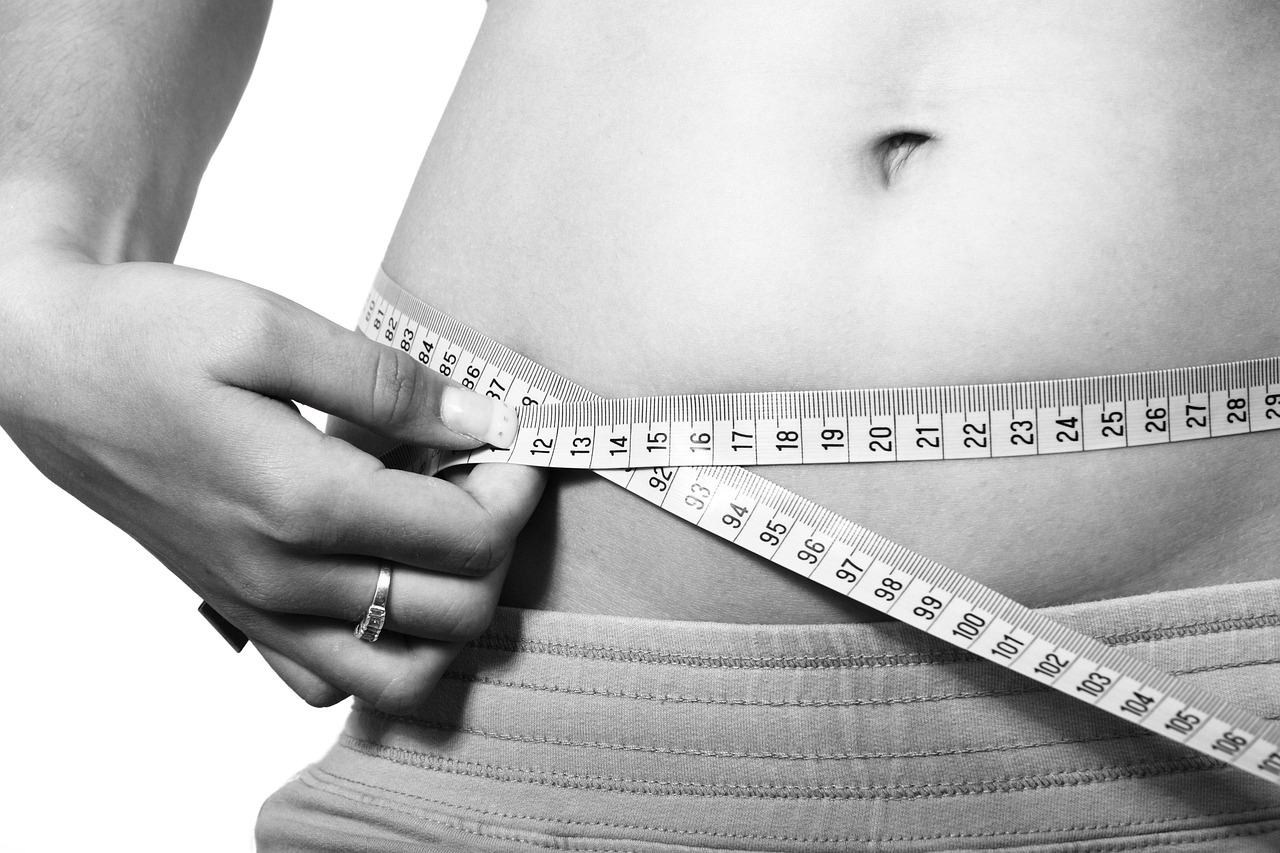Does Your Metabolism Slow Down After 30?
Metabolism is the process of converting food into energy that the body uses. Slow metabolism and weight gain with age can be frustrating and lead to health problems.
A consultation with a doctor can reveal whether the cause of slowing down the metabolism is a medical condition such as reduced thyroid function (hypothyroidism), Cushing’s syndrome, or polycystic ovary syndrome.
But also the slowed metabolism with age and weight gain can lead to health problems

When does the metabolism slow down?
After the age of 30, losing weight is not as easy as before, especially if we are not physically active.
At 40, the body begins to naturally lose muscle mass, a process called sarcopenia. Even with physical activity, the body will still lose some muscle mass. Fat tissue that begins to accumulate also slows down the metabolism.
Hormones and genetics affect how quickly the metabolism slows down. Each person has a different mix of hormones and genes, and the rate at which the metabolism slows down can be difficult to predict.
Genes determine how many muscles we have, their size, and their ability to grow. This affects the metabolism, less muscle mass means a slower metabolism.
With age, the metabolism slows down due to:
- The loss of muscle mass that occurs with aging affects a reduction in the rate of calorie burning.
- Less physical activity with age contributes to slowing down metabolism and weight gain. If you don’t exercise, you lose 3-5% muscle mass every decade.
- Gender also affects metabolism. Men have a faster metabolism because they have more muscle mass, heavier bones, and less fat tissue.














Post Comment